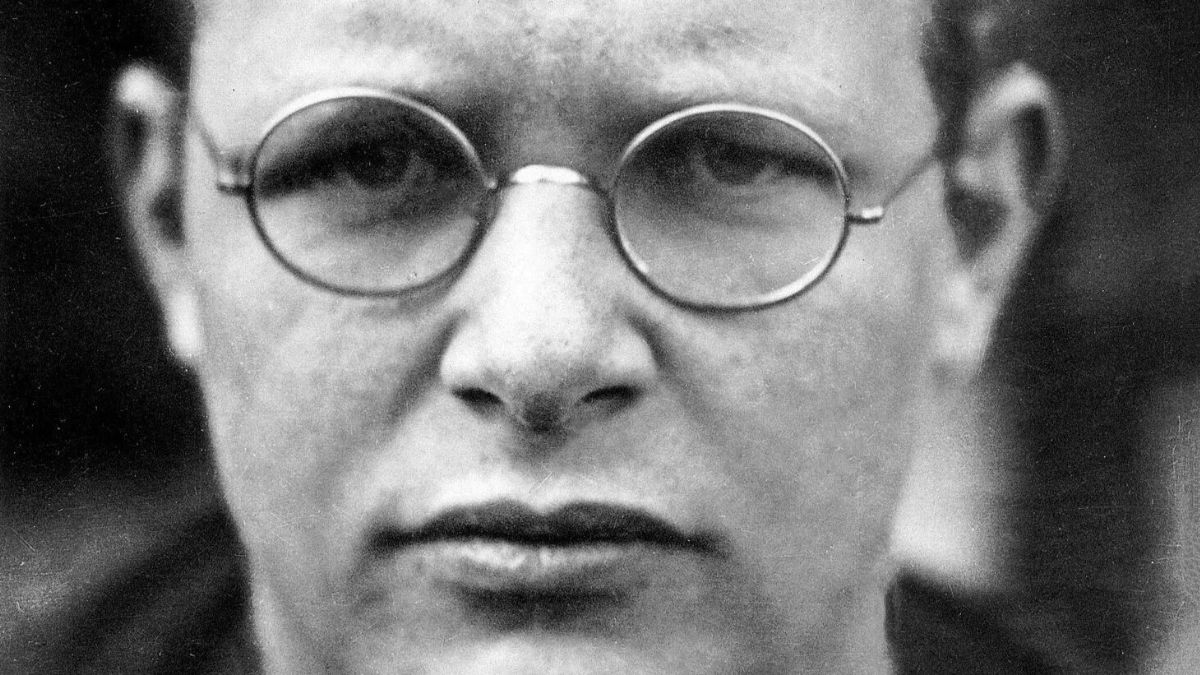

BreakPoint
Voice of the People
As elections draw near, we're again subjected to a rain of rhetoric from politicians promising to restore American democracy. But is America a democracy? In the Pledge of Allegiance we recite a line that says "and to the republic for which it stands." The truth is that America is not a democracy, but a republic. But what's the difference? There are significant differences between the two forms of government. To begin with, there's the role of public officials. In a democracy, Irving Kristol explains, the public official is a "common man, who has a mandate to reflect the majority." His duty is not to vote his own convictions but to be a mouthpiece for the people. In a republic, however, the public official is not meant to be a common man but someone with special character and expertise. Someone who can rise above the clamor of the crowd. Someone who doesn't vote by public opinion polls but by constitutional principle. This republican concept of representation is what the American founders intended when they set up our government. They distrusted pure democracy, where the will of the people reigns supreme. They knew the will of the masses is volatile and easily swayed. At the time the French political theorist Jean Jacques Rousseau was quite influential. Rousseau taught that government should be based on the general will of the people. This was the vision of democracy that was to inspire the French Revolution a few years later. But the American founders disagreed profoundly. They had escaped the tyranny of the monarch, and they were determined to avoid the tyranny of the masses. They proposed that the basis of government is not the will of the people but their rational consensus. It is summed up in the phrase "the consent of the governed." This was to be a system where popular passions are sifted through a process of reasoned and principled debate, until a consensus is reached. That's why Americans do not vote directly on issues but go through representative bodies, like the Senate and the House of Representatives. The people vote for their representatives, who in turn weigh and deliberate on the views of the people. The American founders chose this system because they regarded it as consistent with the biblical teaching that all human beings are fallen. Rousseau had recommended a system based on the general will, because he viewed the will of the people as infallible. But the American system frankly recognizes that people often want what is wrong or harmful. It therefore constructs a series of barriers through which every idea must pass before becoming law. What does this mean for us in an election year? Simply this: Since America is a republic, we have a responsibility to elect public officials who fit the republican mold. I mean republican with a small r: men and women of character, who can rise above the clamor of the crowd, who are firmly grounded in our constitutional and legislative history. That's a tall order, I'll admit. But it's fully consistent with the biblical view of human nature. And it's the only kind of leader our republic was made for.
10/27/98















